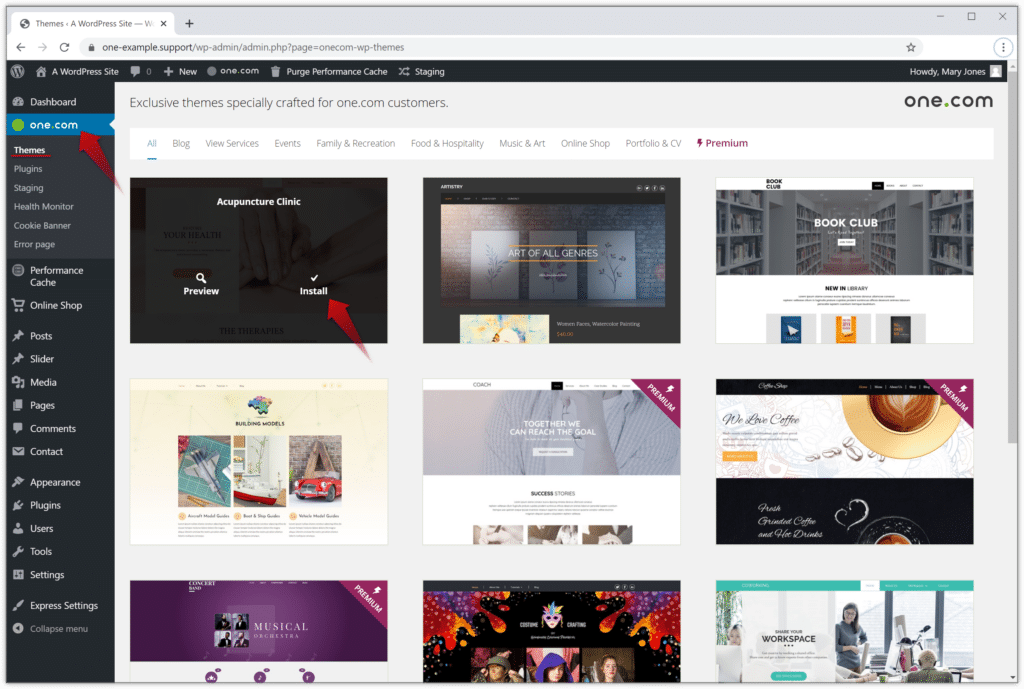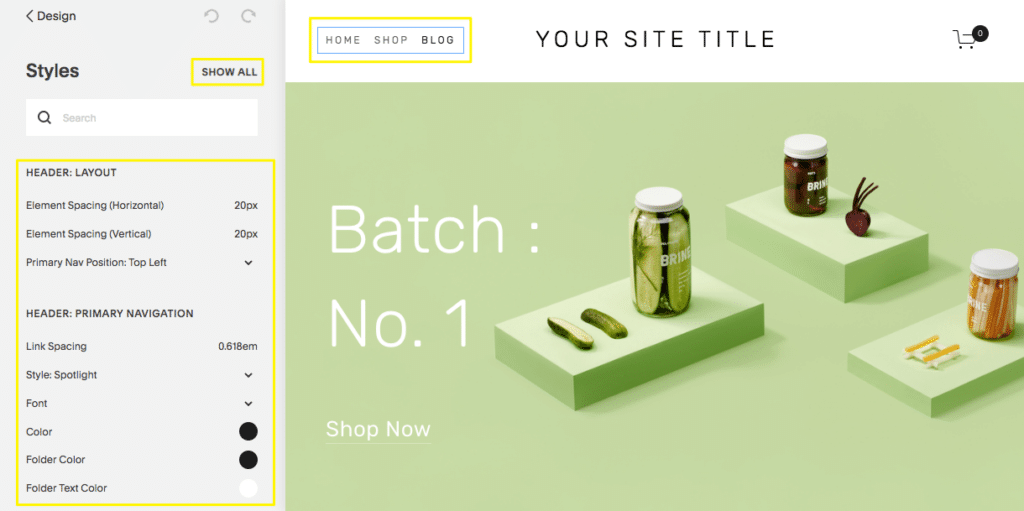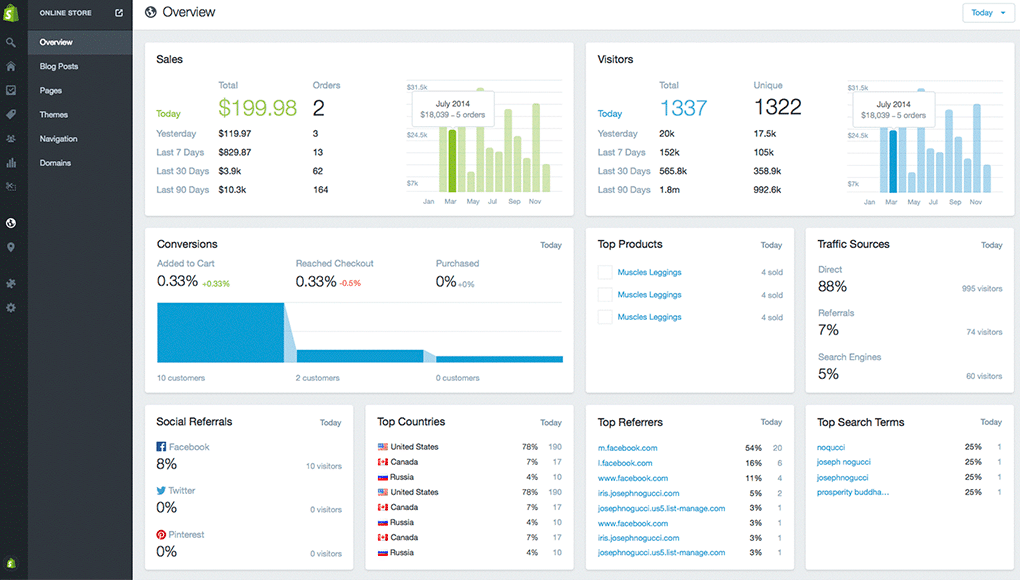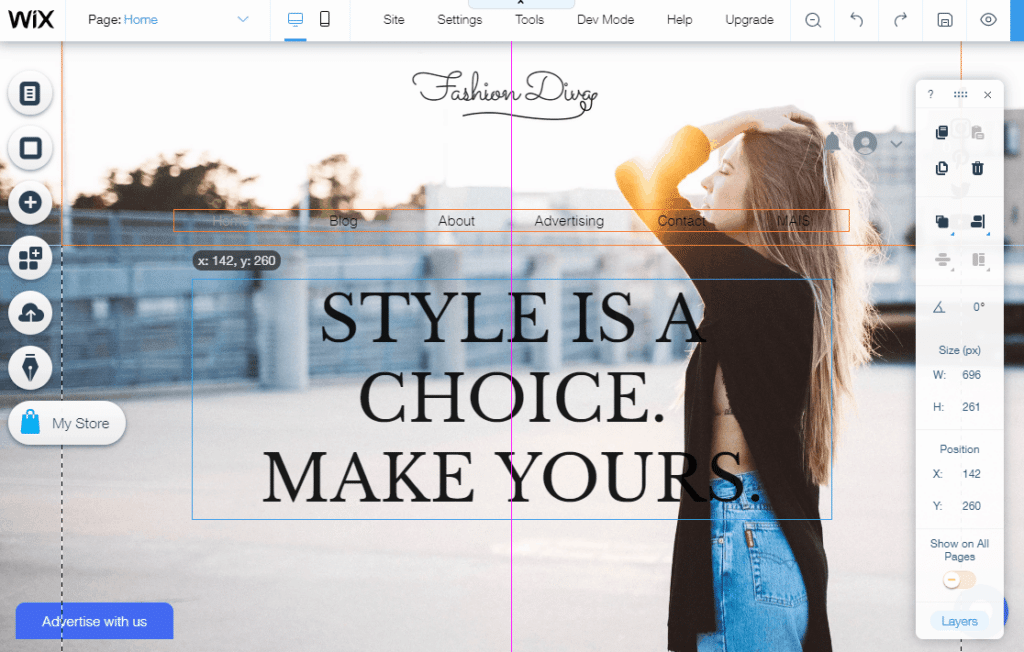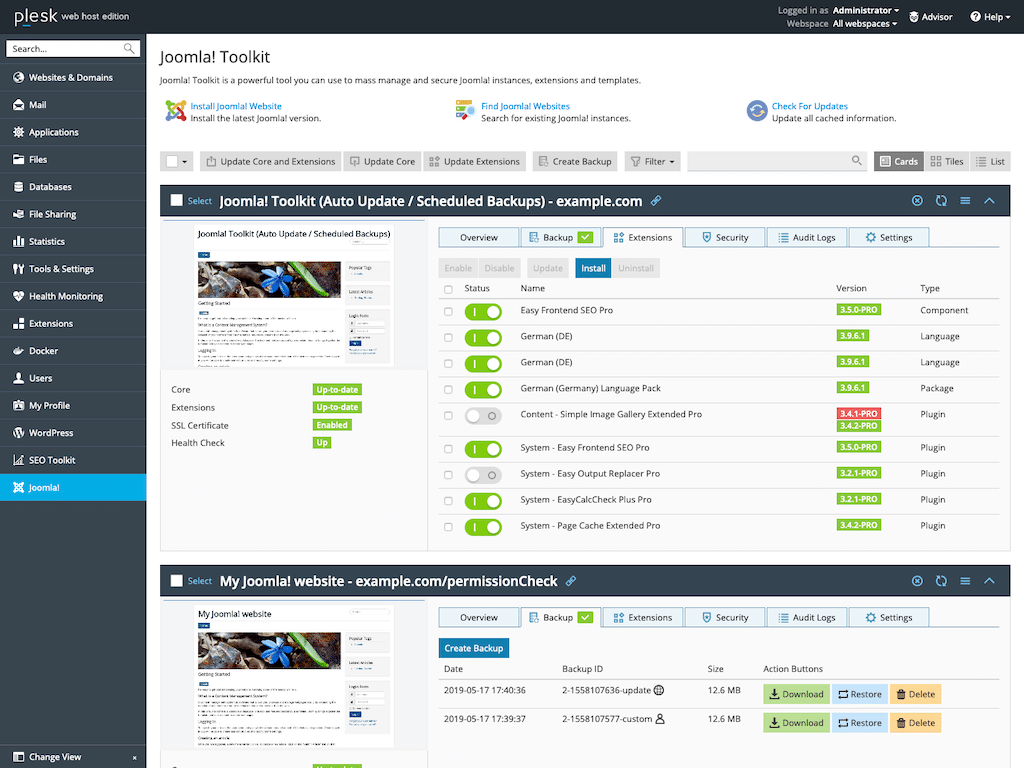If you’re looking to create a website in 2023, you’ll need to find a content management system (CMS) to make the process easier. But with so many choices out there, it can be difficult to know which CMS is the best fit for your needs. That’s why we’ve set together this list of the 5 Best CMS to Try in 2023.
We’ve selected these CMS options based on several key criteria. First, we looked for CMSs that were easy to use, even for beginners. Second, we prioritized CMSs that were customizable and flexible so that they could meet the needs of a wide range of website owners. Third, we looked for CMSs that had robust features and functionality so that you could build a website that looked and performed exactly how you wanted it to.
Contents
Top 5 CMS Options for 2023
Without further ado, here are the 5 Best CMS to Try in 2023:
1. WordPress
WordPress is a free, open-source CMS software that powers more than 40% of all websites on the internet. It is known for its ease of use and flexibility, driving it a popular choice for bloggers, businesses, and developers. With WordPress, you can create a website without any coding knowledge, thanks to its intuitive user interface and a massive community of developers who create plugins and templates that can be utilized to customize the countenance and functionality of a WordPress site. Many of the key functionalities of WordPress include SEO optimization, media management, and mobile responsiveness.
One of the biggest advantages of WordPress is its vast ecosystem of plugins and themes. There are over 58,000 plugins available in the WordPress repository, which can be used to add almost any functionality to a WordPress site. Additionally, there are thousands of themes available that can be used to change the look and feel of a site.
2. Squarespace
Squarespace is a cloud-based CMS software that is designed to create visually stunning websites. It offers a multitude of customizable templates and a drag-and-drop editor that renders it easy to build a website without any coding knowledge. Squarespace is particularly popular among small businesses, artists, and creatives, who want to showcase their work in a visually appealing way. Squarespace also offers features such as e-commerce tools, marketing integrations, and analytics.
One of the main plus sides of Squarespace is its emphasis on design. The platform delivers a long-list of templates that are professionally created and can be tweaked to fit your brand. Additionally, Squarespace offers a range of design tools, such as custom fonts, colors, and layouts, which can be used to create a unique website. Another advantage of Squarespace is that it is an all-in-one platform, which means that everything you need to create and manage your website is in one place.
3. Shopify
Shopify is an e-commerce-focused CMS software that renders it easy for companies to market their products online. It offers a range of customizable templates and tools for managing inventory, processing payments, and shipping orders. Shopify is particularly popular among small businesses and entrepreneurs who want to set up an online store quickly and easily. Shopify also has a range of integrations with other tools, such as social media and email marketing platforms, making it easy to manage your entire online store from one place.
One of the main advantages of Shopify is its ease of use. The platform is build to be user-friendly, coupled with a straightforward interface that renders it easy to set up and operate an online store. Additionally, Shopify offers a range of features that are tailored to e-commerce, such as inventory management, product variations, and shipping options. Another advantage of Shopify is that it has a large ecosystem of apps and integrations, which can be utilized to incorporate additional functionality to your online store.
4. Wix
Wix is a cloud-based CMS software that is known for its easy-to-use drag-and-drop editor. It offers a range of customizable templates and a variety of features, such as SEO optimization, e-commerce tools, and social media integrations. Wix is particularly popular among beginners and small business owners who want to create a website quickly and easily. Wix also has a range of third-party apps and extensions that can be used to add additional functionality to your website.
One of the main advantages of Wix is its simplicity. The platform is designed to be user-friendly, with a simple interface that makes it easy to create a website without any coding knowledge.
5. Joomla
Joomla, baby! This is some top-notch open-source CMS software that’s perfect for all you web developers out there who wanna create some seriously epic websites. What’s so great about Joomla, you ask? Well, it’s super flexible and scalable, so you can make your website do just about anything you want it to do. And let’s be real, who doesn’t love a website that’s fully customizable?
But wait, there’s more! Joomla also has a bunch of awesome features like SEO optimization, media management, and user management, so you can make sure your site is running like a well-oiled machine. And if you’re really feeling wild, there’s a huge community of developers who make all kinds of plugins and extensions that you can add to your Joomla site for even more functionality. It’s like a never-ending buffet of web development goodness.


